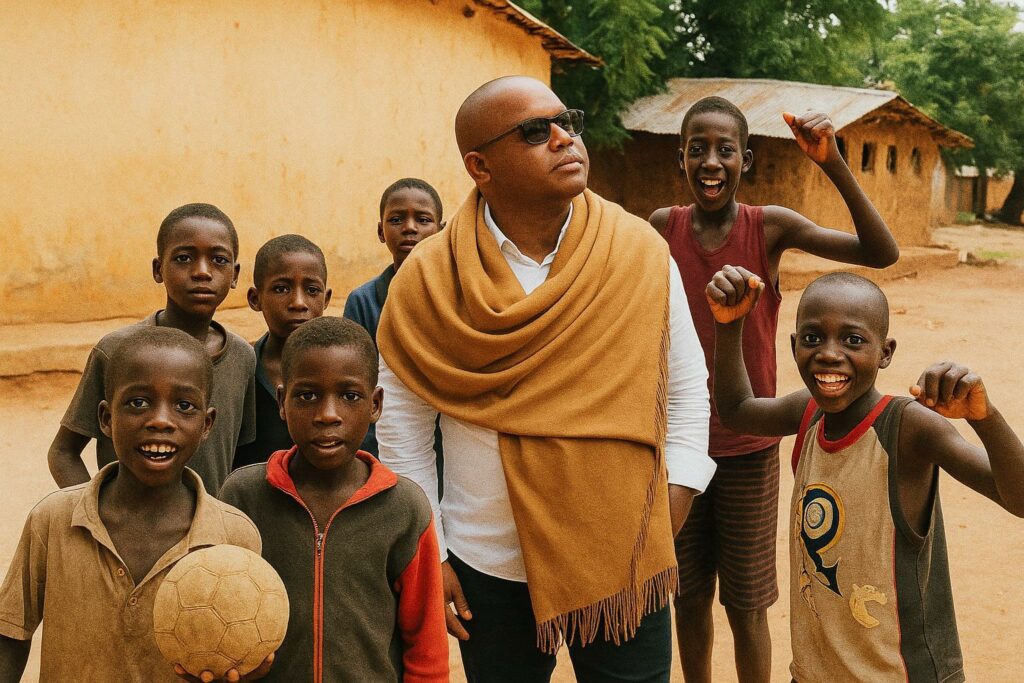A Call for Unity in a Fragmented Landscape
The forthcoming 2026 presidential elections in Congo-Brazzaville have already sparked significant political activity, with opposition figure Modeste Zoubabela urging for a unification of the disparate opposition forces through a primary system. In his letter to Pascal Tsaty Mabiala, the opposition leader, Zoubabela highlights the necessity for a collective and coherent front to effectively challenge the incumbent Party Congolais du Travail (PCT).
The backdrop to this plea is a political climate fraught with division and conflicting agendas within the opposition. With past attempts at unity yielding limited success, as evidenced in the 2016 elections, Zoubabela’s proposition seeks to fortify the opposition’s electoral prospects by presenting a single, cohesive candidate.
Political Skepticism and Historical Echoes
Yet, not all political leaders share Zoubabela’s optimism. Pascal Tsaty Mabiala, a significant figure within the opposition, has expressed his reservations, questioning the feasibility of achieving consensus on a singular candidate. His skepticism stems from past experiences where the opposition failed to unite, despite similar aspirations.
Tsaty Mabiala’s wary stance reflects broader historical complexities within Congolese opposition politics, where personal ambitions and ideological disparities have often overshadowed collective goals. However, the conversation initiated by Zoubabela aims to transcend these barriers, as the opposition grapples with its historical demons in crafting a viable path to unity.
The Challenge of Cohesion in the Face of Criticism
Amidst this internal discourse, leaders like Clément Mierassa of the Parti Social-Démocrate Congolais bring additional criticism to the fore, challenging fellow opposition figures whom he accuses of collusion with the ruling regime. Mierassa’s declarations underscore a fundamental schism within the opposition—a persistent trust deficit among its leaders.
Such accusations aggravate existing tensions, further complicating the pursuit of a unified opposition front. The challenge lies in reconciling divergent perspectives under a shared banner, a requisite for transforming envisioned unity into tangible political change.
Looking Forward: Unity or Disarray?
The envisioned primaries, as advocated by Zoubabela, could represent a pivotal step in redefining Congolese opposition politics by fostering accountability and transparency. However, the feasibility of this ambitious plan hinges on overcoming entrenched political rivalries and securing broad-based endorsement among opposition factions.
The road to the 2026 elections remains uncertain, heavily dependent on the willingness of key players to negotiate and compromise. For the opposition, unity is not a mere electoral strategy but a necessary evolution to gain credibility and public trust.

